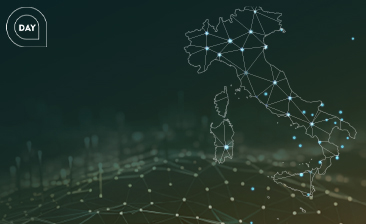
Acea for World Energy Saving Day
In order to comply with European practice, school-work alternation has become a compulsory teaching method for high-school students few years ago. But how can school-work alternation be defined and what is its purpose?
It is a practical approach, useful to students to consolidate their knowledge acquired at school by putting it into practice through concrete activities, which consequently allows them to gain the necessary orientation in their studies and work in the future.
The objective is to bring young people closer to the labour market, with the consequent benefit of preparing and making them aware of the occupational field they wish to enter.
With the school-work alternation project 'GenerAzione Connessa', Acea Group is close to students in their first approach to the labour market, and is committed to raising their awareness on issues such as Sustainability and Innovation as well as conveying the principles of Diversity and Inclusion.
In addition, numerous schools were involved to foster an ongoing dialogue between students coming from different social and cultural realities, allowing them to debate over the importance of the culture of equality and the value of diversity. Teamworking led the students to think about a single project idea in response to a challenge, valuing the different points of view, sharing their knowledge and skills from different educational backgrounds.
STEM professionals and Acea Sustainability Ambassadors play a key role in the 'GenerAzione Connessa' initiative for school-work alternation.
STEM women professionals told their work stories to orient and introduce boys, and girls in particular, to scientific subjects. Our colleagues brought their valuable professional and life testimonies, underlying the importance of overcoming gender stereotypes when choosing educational and professional paths and encouraging students to make conscious choices for their future.
On the other hand, Acea Sustainability Ambassadors are promoters who introduced students to the issues of sustainability culture and circular economy.
During the school-work alternation project, 33 students were selected, based on their motivation and skills, to see and experience first-hand what it means to create a start-up.
In this last stage of the project, in fact, five teams were created to respond to the following challenge: becoming a Sustainability junior ambassador of their own Square, with the task of promoting a creative idea to accomplish mission no.2 of the PNRR concerning the “Rivoluzione Verde e Transizione Ecologica” (Green Revolution and Ecological Transition) in an innovative, sustainable, and digital way.
The student’s projects were assessed based on three key elements:
Initially, there was only one winner for the challenge. However, the jury particularly appreciated the quality of the project ideas and decided to award a second winning team.
The best project was presented by the “Smart Under Water” team, which proposed a solution to the problem of microplastics in lakes and rivers, i.e., a smart Microrobot capable of collecting plastics in waterways.
The project ranked in second place was presented by the “Smart Lux” team, which proposed a solution to make public lighting systems more efficient. By using a motion sensor, the smart street lamp by Smart Lux adjusts its intensity depending on the passing of people or cars and reduces the brightness if no passage is detected.
Over the years, Acea’s commitment to training and orientation has generated numerous initiatives to bring young people closer to the labour market.
The “IdeAzione” project, carried out in 2018 and 2019, gave students from technical and professional schools the opportunity to learn useful methods to be adopted in the labour market, with an eye on the values of sustainability. In particular, in the 2018 edition of IdeAzione the students discussed how to safeguard the wellbeing of the community through innovative ideas to enhance and safeguard natural resources. The 2019 edition of IdeAzione was focused on the important issue of energy efficiency and students were engaged in the field in an environmental survey and an action plan to transform their school into an eco-friendly environment.
The “La scuola che vorrei” project launched in 2020 was connected to the health emergency due to COVID-19. The students, based on their own experience of the pandemic, had the opportunity to carry out a project work aimed at promoting a new teaching model: the school of the future. In addition, the course was enriched by webinars, learning pill and inspirational talks.
2021 was the year of the “GenerAzione Digitale" project (held – as the name suggests - entirely online), which focused on the issues of sustainability and innovation for environmental protection. The challenge was to create a new development model aimed at the conscious use of natural resources.
The 'GenerAzione Connessa' project fully accomplished the objectives set, i.e., to encourage interaction between students from different schools and institutes working together in the field, making them more aware of the choices for their future and, finally, analysing fundamental issues such as sustainability, innovation, culture of equality and diversity.
“GenerAzione Connessa” is also an important occasion for Acea to reaffirm its commitment to the virtuous exchange involving school, company, and territory, contributing to the training and growth of a new generation, more sensitive to environmental, social, and economic issues, and therefore ready to become the innovation engine for the companies of tomorrow.
Discover the latest news and initiatives of the Acea Group

Acea for World Energy Saving Day
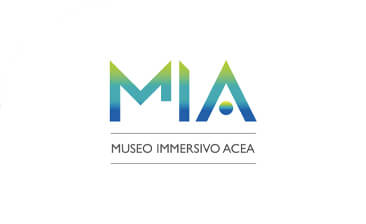
Visit the virtual museum about the history of the Acea Group

The channel for the commercial requests on land urbanisation
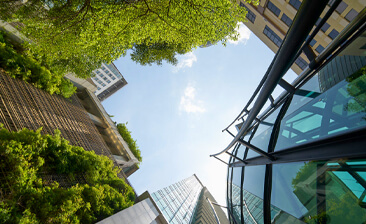
Acea turns the spotlight on the Rome Film Festival 2023
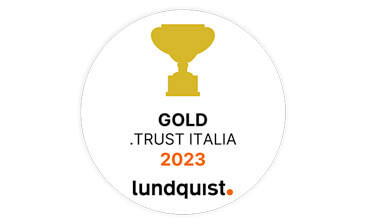
Acea is in the "Gold class" in the .trust research
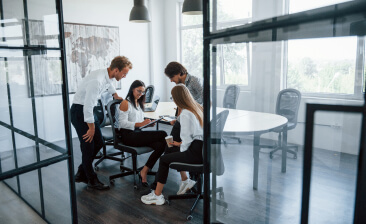
Read more about our culture of inclusiveness